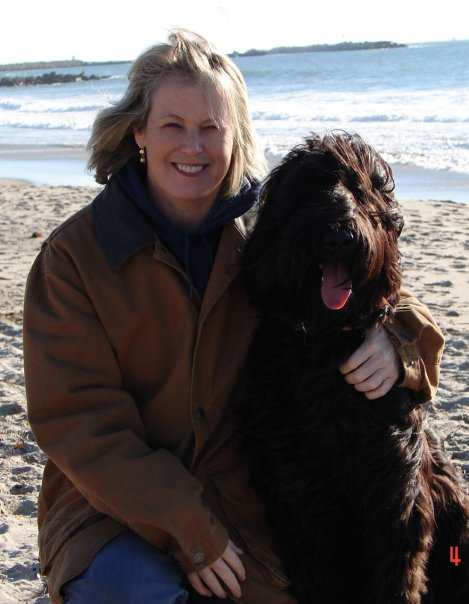
Dr. Kerry O’Reilly is a Psychoanalyst and Fellow of the International Psychoanalytic Association. She completed her Doctorate in Psychoanalysis at The Psychoanalytic Center of California (PCC). www.psycc.org
SHOULD YOU CONSIDER PSYCHOANALYTIC TREATMENT?
Clients in psychoanalysis typically come to sessions three to four days a week. This may seem like a lot, but the intensity and concentration of this approach has two benefits: we can focus on issues immediately as they arise and treat problem areas in greater depth.
Most anxiety, depression, and other psychological symptoms are the result of an individual’s enduring patterns of coping with their internal mental life and the outside world. These coping patterns form the character or personality styles and organizing principals that develop in childhood and continue, often unconsciously, throughout our lives.
Many of these unconscious, automatic patterns influence both how we perceive and how we experience life.
Psychoanalytic treatment explores how many of these automatic patterns affect your relationships and your patterns of thought, emotion, and behavior. Working with a psychoanalyst helps you to deepen your awareness of how your mind works.
Analysis can be viewed as an intimate partnership, in the course of which the patient becomes aware of the underlying sources of his or her difficulties, not simply intellectually but emotionally as well – in part, by working them through with a skilled psychoanalyst.
From the beginning of therapy, patient and analyst work together to build a safe and trusting relationship that enables the patient to experience aspects of his or her inner life that have been hidden because they are painful, embarrassing, or guilt-provoking and which have led to destructive patterns of behavior.
Dr. O’Reilly helps you to better accept and tolerate unpleasant emotions and to have greater freedom in your life. By refining your understanding of the patterns that limit you or cause you pain, you will be able to elaborate on new and more productive ways of feeling, thinking and behaving.

